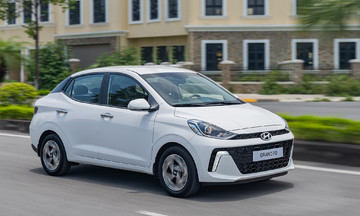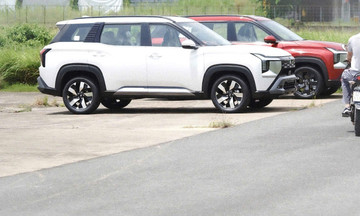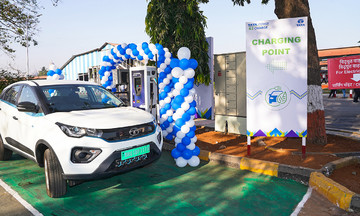On the afternoon of 6/8, a robotaxi plunged into a construction pit in Yongchuan District, Chongqing. The vehicle became wedged in the pit, and a female passenger had to be helped out by bystanders using a ladder, according to Sohu.
The pit was approximately 3 meters deep and just wide enough for the vehicle to fall in sideways. Witnesses reported that the passenger was unharmed but shaken and bewildered as to how the car could have driven into such a large hole.
Apollo Go dispatched a crane to the scene that night to retrieve the vehicle. On 7/8, the company’s customer service department expressed sympathy for the passenger's experience and emphasized that "safety is the top priority for our driverless vehicles." The company stated that their commercial pilot vehicles have logged over 100 million kilometers without any major accidents.
According to Huashang Daily, the construction site had safety signs and barriers in place. It remains unclear how the autonomous vehicle bypassed these measures and ended up in the pit. The incident sparked intense debate on Chinese social media regarding the safety of self-driving technology.
Apollo Go is Baidu's self-driving service platform. It officially launched in Yongchuan District, Chongqing, on 10/6/2022. By March of this year, the platform had established over 4,000 stations in Yongchuan, covering an operational area of more than 130 km2.
Baidu operates China's largest autonomous vehicle fleet, with commercial operations in cities like Wuhan, Beijing, and Chongqing. The company also has international expansion plans, including partnerships with ride-hailing platforms like Uber and Lyft.
My Anh











